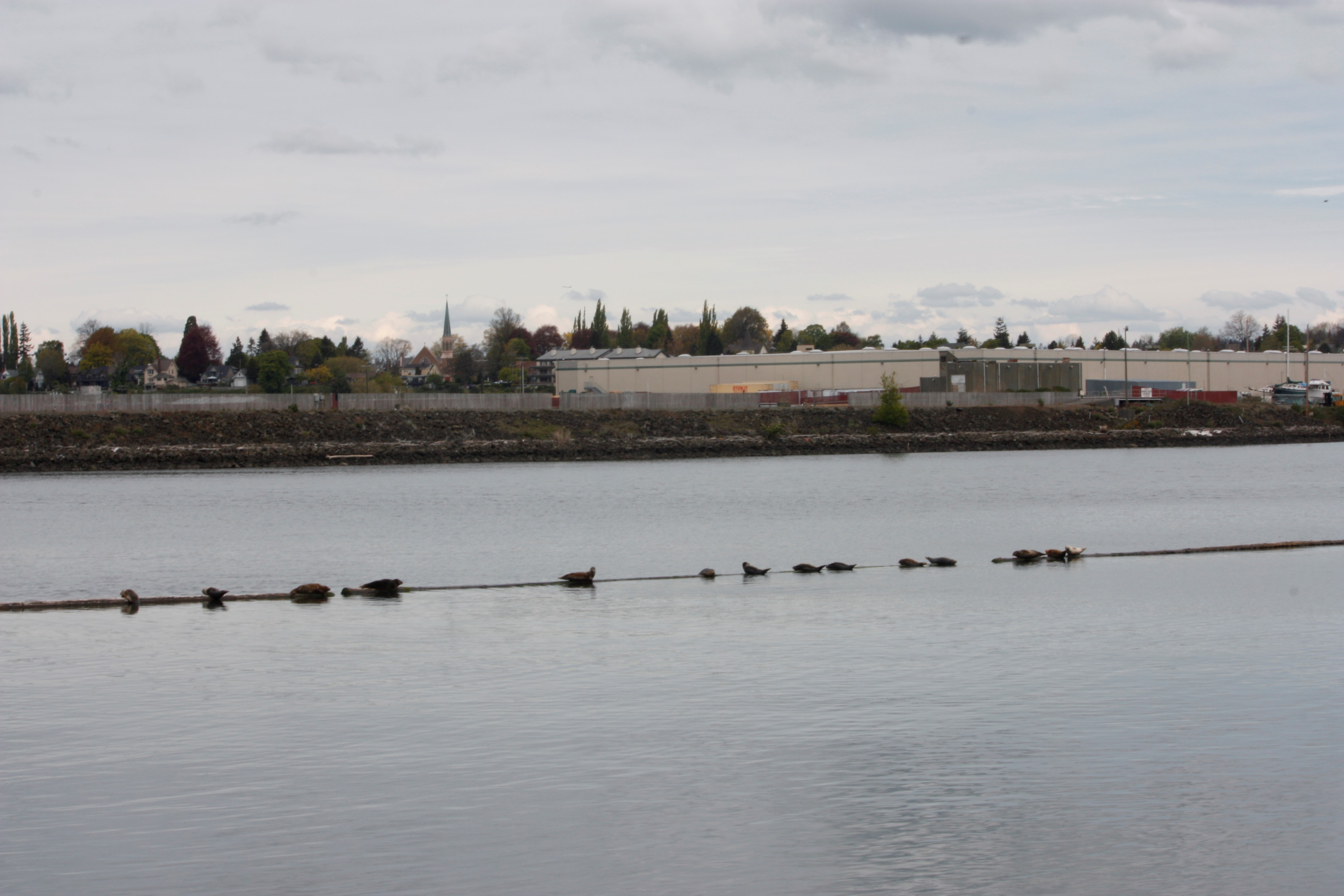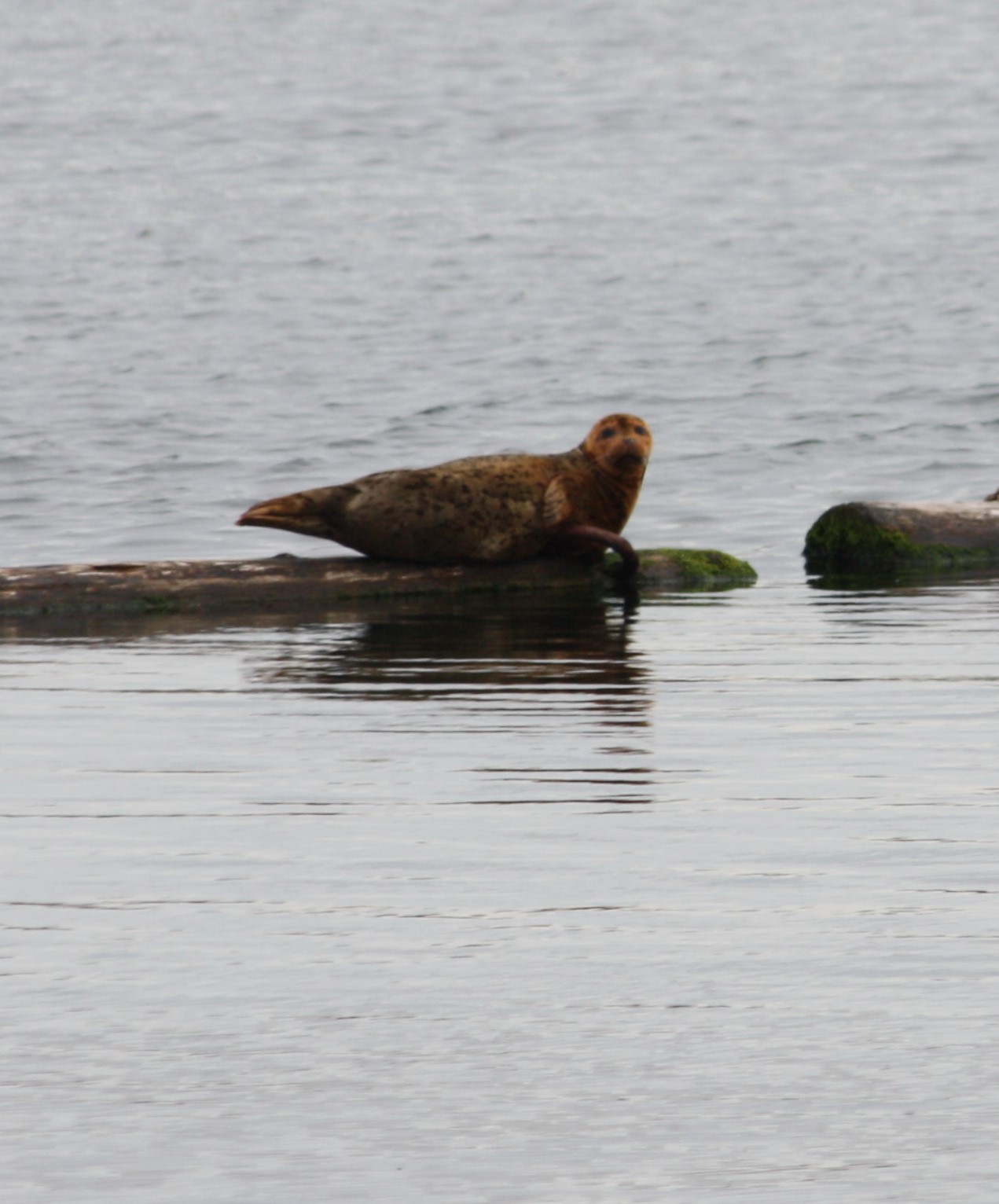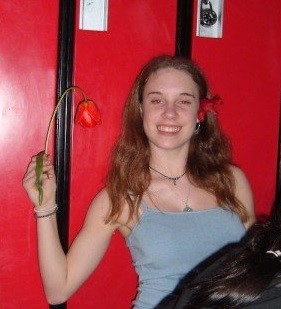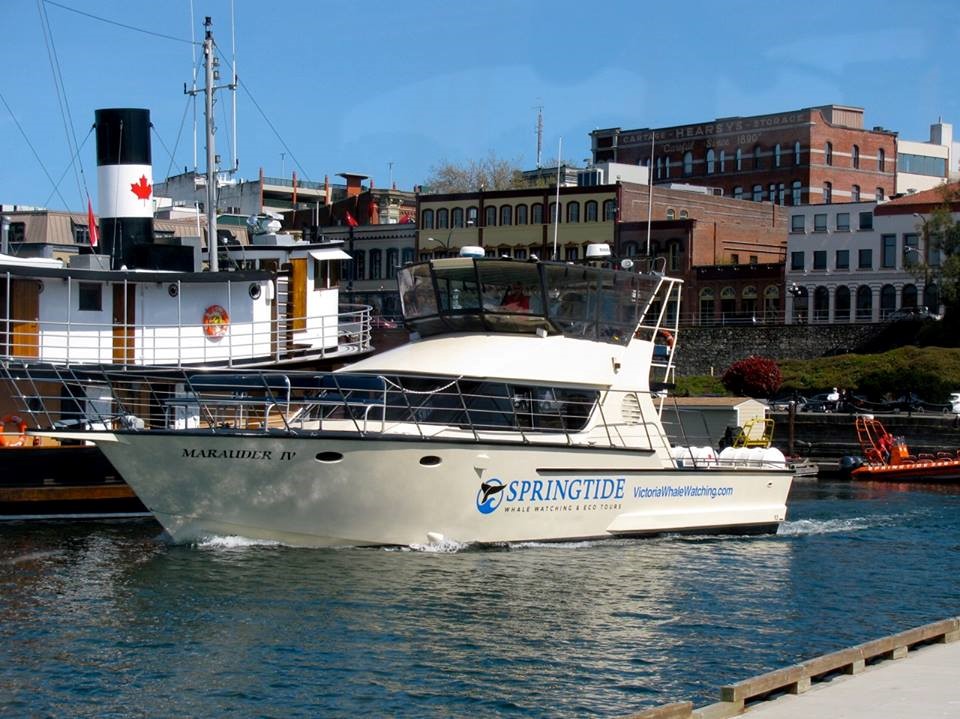August 2015
Work in multiple labs!
Sara Spitzer, undergraduate student
31 August 2015
Hey all! Back again for another blog post. This month I wanted to talk about working in multiple labs (if you have the opportunity to do so). I understand that getting a lab position as an undergraduate, even an unpaid one, can be challenging. Some labs are already full, some professors aren’t currently working on research, and sometimes professors are too busy to answer emails. But even though the idea of attempting to get into one lab can be daunting, I want to stress that I believe it is incredibly valuable to work in as many different labs as possible, especially if you are considering graduate school. Working in several labs during your undergraduate career can benefit you in many ways. You will not only learn more lab techniques used in research, but you will also improve the research skills you’ve already acquired. The more laboratory and field techniques in which you’re highly proficient, the more jobs you will qualify for and the more competitive you will be when applying for jobs and grad school. Furthermore, working in many labs is an excellent way to gain more experience in cutting-edge lab techniques, diversify your knowledge of biology, learn different ways to apply scientific techniques to answer a variety of biological questions, and help you decide on a subject of study in graduate school. You will gain more potential references and mentors who can answer your questions about research, careers, grad school, etc. And let’s not forget that you will get to work in many different lab environments with many different types of people, meaning you will be working on your communication and cooperation skills. You may even eventually be in charge of a project, which will allow you to work on your management and mentoring skills. Basically, there are a plethora of fantastic reasons for joining multiple lab groups. You probably don’t want to work in more than one lab at a time so you don’t stretch yourself too thin, but don’t feel obligated to stay with just one lab group. Explore! Ask around and see which labs people have had positive experiences with. Check out professors’ websites and or ask them in person about their research. I guarantee working in as many labs as possible with make you a better scientist.
Introduction to my research
Nicholas Wesen, undergraduate student
25 August 2015
About the researchers: Hi all! My name is Nicholas Wesen. Ashlyn Teather has passed on the reigns to me as the project leader for the continuing research on the occurrence of harbor seals in Bellingham. Started by former undergraduate Jessica Farrer in 2007, this blog highlights the details of what is going on in the research project.
So, let me tell you a little bit about myself. I am from the deserts of Las Vegas, Nevada and I am a senior at WWU. I will be graduating in the Spring of 2016 with a BS in Biology/Anthropology and a minor in psychology. Since I was very young I have been fascinated with the behavior of animals. This was most likely because my dad is a veterinarian so I grew up with a slew of different pets around me. One of my close family friends owns a non-profit zoo so I have had the opportunity to work with a variety of different species from all over the world. I am very excited to be the project leader and I think this year is off to a great start! We have also recently added two new undergraduate assistants in Holden Miller and Raven Benko!
Raven Benko
I grew up part time in Boulder, Colorado and on the Big Island of Hawaii, observing wildlife and cleaning up beaches. I became passionate about the protection of our environment, particularly our oceans, early on and intend to infuse that passion into my future. I am currently completing a double major in Biology with a Marine Emphasis and Environmental Policy, with hope to one day being able to relate complex and influential scientific research to the public and enact policies to ensure a bright and sustainable future for Earth’s oceans and all of its creatures.Holden Miller
I'm a Biology major with marine emphasis. I hope to do work in marine conservation, research, or teaching. I enjoy diving, snorkeling, and learning about new plants and animals, on land or sea!

Information about the project
If you are not familiar with the haul out project then this short summary will be helpful in understanding subsequent blog posts. We are studying the population of harbor seals in Bellingham Bay. We are doing this research by going down to the log pond (image above) and collecting data. Some of this data includes taking a count of the number of adult harbor seals and harbor seal pups that are hauled out (laying out), as well as recording the tide and temperature, and noting any other disturbances. There is currently a construction project going on in the bay to remove some pollutants that are on the bottom of the bay floor. This makes us wonder if this change in environment could dissuade the seals from hauling out at the log pond. Hopefully our data can provide some insight into this question.
Recent information
The harbor seals average numbers are similar to what they were at in June and July of 2014, however we are seeing a slight drop in the total numbers in the beginning of August. The haul out project in Bellingham Bay has officially started and noises from the machines can be heard at the log pond. Despite the new noises, the seals seem as relaxed as ever while hauling out on these hot summer afternoons. That being said we will still need to run statistical tests to see if the numbers are changing with statistical significance. We could potentially be coming to an end of the pup-rearing season, as over the past few weeks we have started to see a slight decline in the average number of pups hauled out. Thank you for reading and we will keep you updated on the log pond in next month’s blog!

Those who can do: my past, present and future in education
Kat Nikolich, graduate student
7 August 2015
When I was in high school, I thought I might be interested in being a scientist when I grew up. I toyed with astronomy for a while: in my head I pictured myself looking through huge state-of-the-art telescopes and naming new planets. Or maybe marine biology – I like boats, and living on one might be alright. But I wasn’t really sold on biology in particular until my grade 12 biology class, which was taught by one of the most influential teachers I’ve had.
I was lucky enough to go to a high school where most of the teachers were fairly young (the school had a child and youth care class just to babysit the teachers’ toddlers), and really seemed to like their jobs. They had fun with it, and were passionate about what they taught. As a result, they got a lot of respect from their students. My grade 12 biology teacher, Mr. Hayes, had a master’s degree in something to do with cancer and genetics (forgive me, it’s been a while). In addition to teaching us the testable material, he engaged us with the latest developments and techniques in human genetics and cancer research. He was the first person in my life to cut to the chase: the importance of publications, lab politics, choosing the right advisor, and things about scientific process that I was never taught even at the undergraduate level! This edgy material finally got me really interested in a career in science. It was Mr. Hayes and his real-life science background that led me to choose biology as my major when I got to university.

This is a photo of me in high school. I was what they call a ‘huge freaking nerd’. I was in musical theatre, Key Club, the math club and the school choir.
Many of you might wonder what a person who has a M.Sc. in leading-edge genetic research is doing teaching high school. The way he told it, his work got scooped by a competing lab and he was unable to publish his work. Disheartened with academia, he decided to do the next best thing he could think of: pass on his knowledge to people that might get excited about it. You’ve probably heard the expression ‘those who can’t do, teach’. I found out firsthand that it isn’t true, and in fact the best teachers are people who CAN do, and have done, work in the field they teach. We usually have to wait until we’re in university to get professors and teaching assistants that work in the field, which I think is a shame.
Meanwhile, I was on the track to a career in biology. Halfway through my undergrad degree, I took a summer job as a naturalist with SpringTide Charters, a whale watching company out of Victoria, BC. What started as some really cool work experience and much-needed cash turned into a passion. I renewed my interest in studying marine mammals, which was a pipe dream many of us have in our early teens and subsequently move past. That dream came roaring back when I was faced with real life whales on a daily basis. But as time went on, summer after summer I discovered something else about myself: I really loved telling other people about whales. I loved answering questions somebody has always had but was afraid to ask. I loved watching people get emotionally invested as I talked to them about the critical status of our resident killer whales, their faces falling when I presented them the cold hard truth of global climate change and overfishing. I loved watching their faces light up when I told a joke and made them feel hopeful by talking about the latest research on saving the endangered whales. More than doing marine mammal science, I loved to teach people about it. I resolved that no matter where my career took me, I’d make it my goal to continue having a role in teaching the public about science.

The gorgeous whale watching boat I worked on for seven years. Photo © SpringTide Charters.
Once I got to WWU, I started teaching undergraduate labs in the biology department. Some grad students dread teaching, but for me it was a dream come true. The hours I spent teaching were the highlight of every week. I immersed myself in learning the best ways to get concepts across and still make my labs fun and entertaining (a little trick I learned from the ecotourism industry). I graded papers with attention to detail, giving comments on everything in an attempt to improve my students’ writing. I got that same rush I felt on the whale-watching boat; that moment when you explain something to somebody and they finally get it, and take it away with them. Imagine my delight when I started getting TA evaluations back with comments like ‘I really dreaded this class, but Kat made it fun and I learned a lot’, or ‘I really like how Kat takes the time to leave detailed comments on our papers so we can improve’. Not only does teaching thrill me, but it turns out I’m doing something right.
I’ve taken it as a sign.
With my defense date approaching and my thesis draft in its second half, I’ve given some thought to my next step and decided I’m coming full circle: I want to try teaching high school. Following my Master’s degree, I’m going back to my alma mater, the University of Victoria, to get a secondary school teaching diploma. I’d like a chance to give back a little bit of what my high school biology teacher gave to me: perspective and a passion for science. In today’s world, we need to raise a generation of people that are comfortable engaging with science to make decisions. We need more women, minorities and low-income children growing up believing that they can be scientists, or at least be interested in science. As a young woman with real-world experience in biology, I hope to bring my perspective to bear to inspire young minds – or at least to dazzle them into understanding that science isn’t all that bad, really.
I always thought that I’d become a scientist that took every opportunity to teach. It looks like I’m going to become a teacher that takes every opportunity to do science. I’m still hoping to go back in a few years and get a PhD, and to continue doing work with the marine mammals of the coast. If through the dead of winter I get to go to work every day and convince a horde of mutinous, hormonal teens that they should care about climate change, the food web and the GMO debate, I’m up for the challenge. I am the product of an excellent and inspiring teacher, and I’d like to pay it forward.
To anybody that still believes the old adage ‘if you can’t do, you teach’: you’re dead wrong. We need people that excel in their field to teach it - not only at university where the interest is already there, but in middle schools and high schools when students are just starting to form opinions about the world around them. If we want an informed public, we need people that can engage with science and understand its process. If we want those people, we have to start them on that path by the time they begin to vote.
So this is me, making the decision to move away from academia and turn my attention to the people who need to hear what science has to say. Not because I’m disillusioned with academia (which I might be), and not because I’m a failure as a scientist (that has yet to be seen). It’s because I believe that I can make more of a difference this way – and that’s why I became a scientist in the first place.